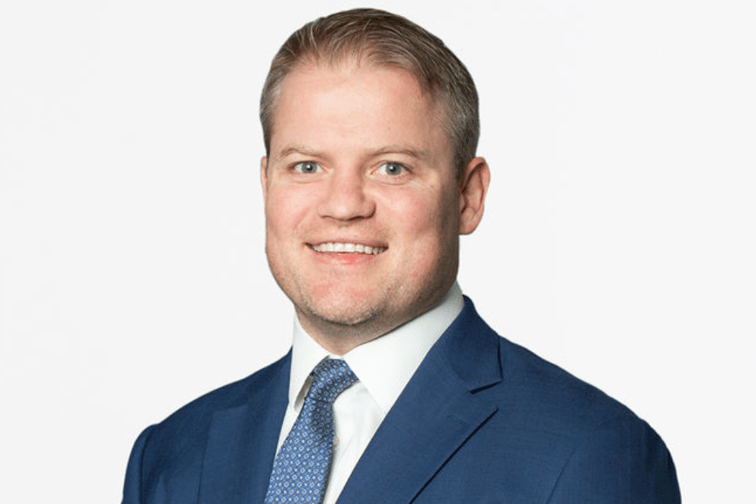

According to Honan Insurance Group, the increasing amount of global litigation related to environmental, social, and governance (ESG) factors is causing Australian insurance company boards to closely look into their ESG-related risks.
“There’s certainly heightened attention to ESG issues and there’s a lot of pressure on companies to do good in addition to doing well,” said Henry Clark (pictured), Honan’s head of professional and executive risks.
ESG indicators are fast becoming more important to insurance companies as investors take more notice of issues like climate change, employee engagement and the composition of boards.
According to Clark’s report in Honan’s quarterly market update, ESG and cyber are the two areas where risks are evolving in the directors and officers (D&O) insurance space.
“The traditional risks are still there in relation to securities, class action exposure and regulatory exposure but I think ESG and cyber are probably two areas that are an evolving risk profile for D&Os,” he said.
Clark mentioned climate change, diversity issues and social movements like MeToo and Black Lives Matter as some of the drivers behind ESG risks and D&O.
“When we talk to directors and officers [in Australia] about their exposures, it’s obvious to us that there are various stakeholders that are actively engaged with boards at the moment, whether it be their legal or corporate advisors, [talking] around what those guys are doing about addressing ESG issues,” said Clark.
“If they’re [ESG] not being addressed then I guess they’re being told that they could face the consequences around that,” he added.
Clark said the litigation hasn’t reached Australia yet but in other jurisdictions it has concerned, for example, failing to report, or inaccuracies reporting, climate change targets.
“If they had to make announcements in relation to that and there was significant share price drop off the back of that then, what we’ve seen in the US for example, is that there has been some shareholder activism in relation to that,” said Clark.
He said Honan’s clients are monitoring the D&O claims coming through in these other jurisdictions.
“We’re already starting to see claims brought against companies who are accused of contributing to global warming and environmental disasters on account of their inability to adapt to climate change or failing in their reporting requirements,” said Clark.
Honan’s head of professional and executive risks said investors and shareholders are also applying increasing pressure on companies to act with ESG principles at the forefront of their strategies.
“Ultimately, the D&Os bear the responsibility for putting this into practice,” said Clark.
“So I think it’s very important that boards - and we are certainly talking to our clients - that boards take the time to understand certainly what ESG related risks are covered under their D&O insurance policies and whether or not there are any exclusions,” he said.
Clark said ESG pressure on companies is no longer primarily from the need to comply with government regulation.
“It’s beyond just regulatory enforcement. I think directors and officers need to start paying due regard to these exposures, particularly the reputational risks that are inherent with ESG issues and adapt their business models accordingly,” he said.
Clark encouraged directors and officers to review ESG-related provisions in the wording of their insurance policies.
At the end of 2021, S&P Global, one of the world’s biggest credit ratings agencies, released its first ever report detailing the ESG factors impacting insurers.
“It’s the first time we’ve put the indicators out there,” said S&P credit analyst, Craig Bennett, the main author of the ESG Credit Indicator Report Card: Asia-Pacific Insurance.
Bennett said, in a broad sense, these factors have already had impacts on credit ratings.
Read more: Businesses scrambling to work out ESG risks
ESG metrics are not usually mandatory for financial reporting. However, according to the US-based CFA Institute, investors are increasingly applying these non-financial factors to identify where they want to put their money.
“Leaders of companies have to find ways to sort through the noise and really stay on top of ESG issues, making sure that they not only know about the issues, but they have proper governance mechanisms in place to mitigate risks associated with these issues,” said Laura Wanlass, global governance consulting services practice leader at Aon plc during an interview with Insurance Business’s Bethan Moorcraft.
